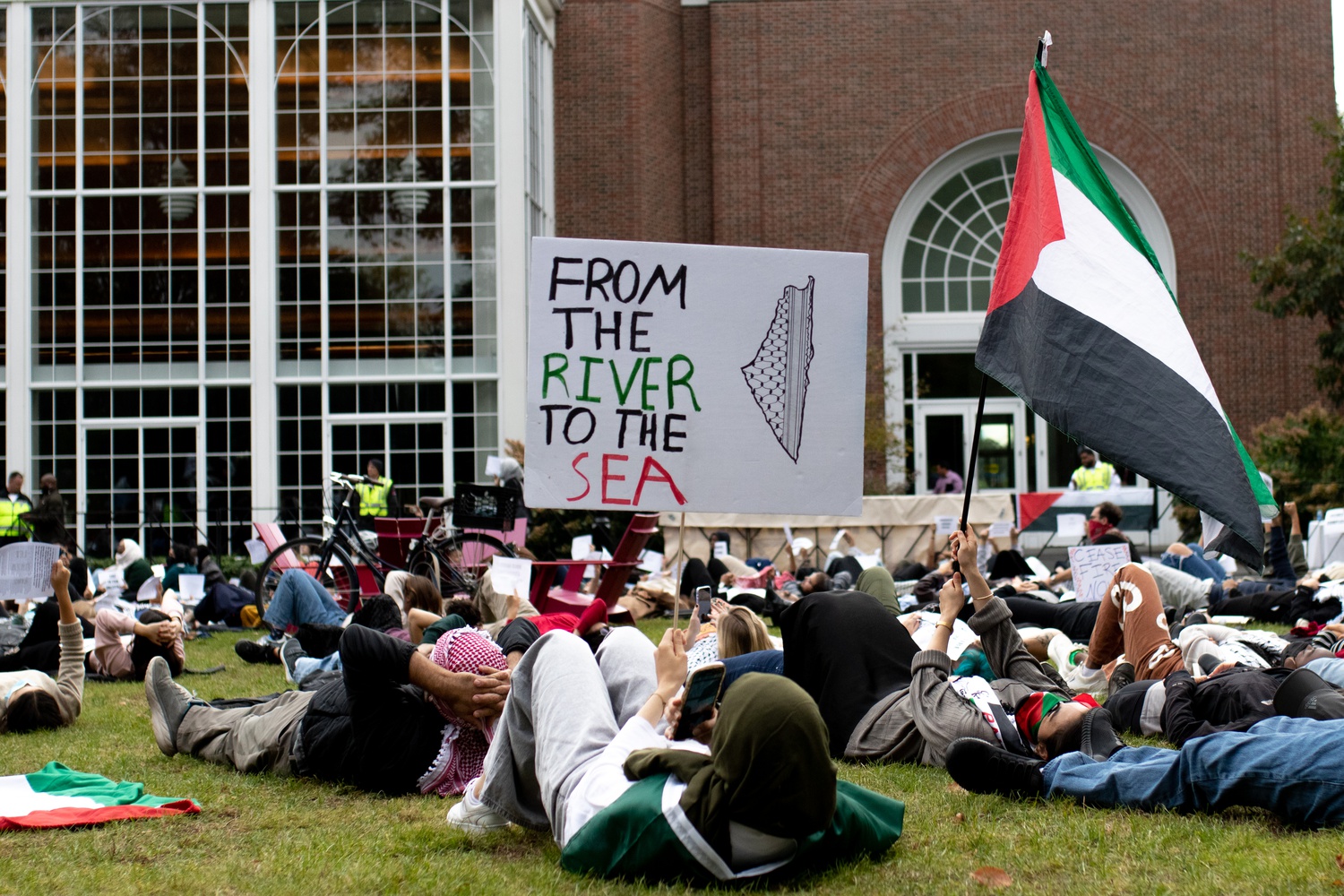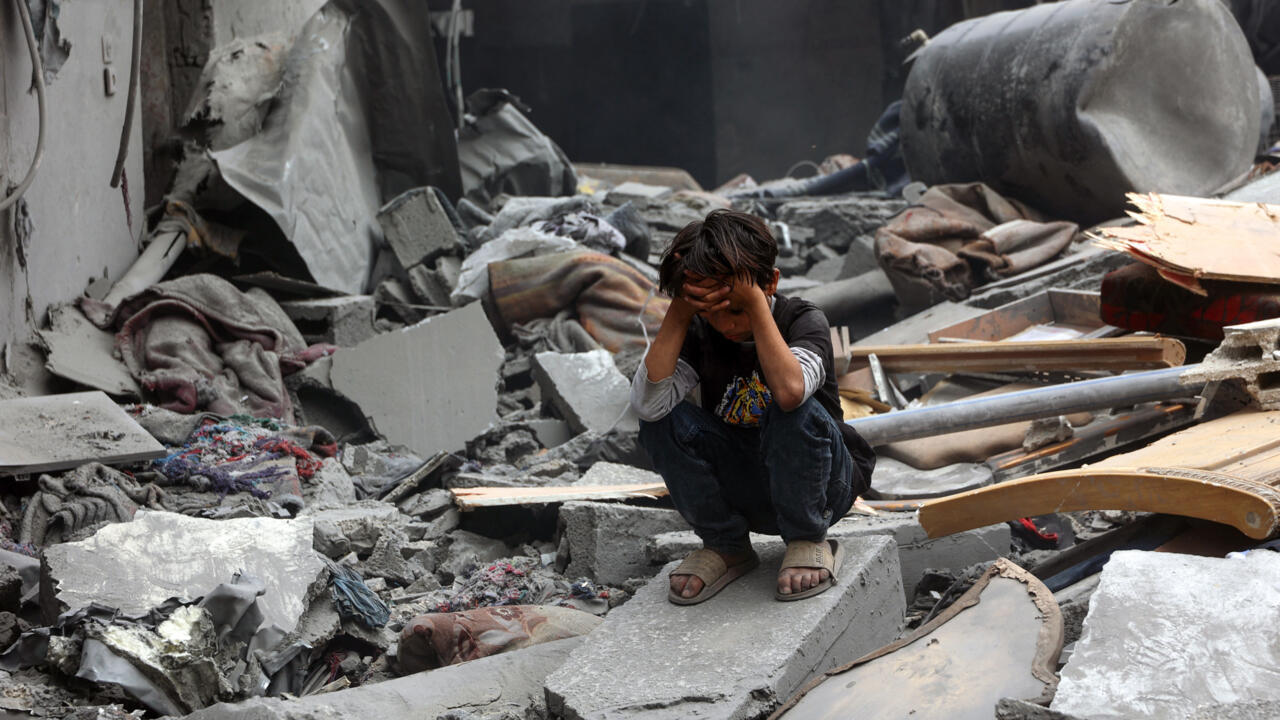Human Lives Human Rights: Ahmed Kamel has been in detention for several months without charges, awaiting his extradition.
Sherryne Grace Badoui has been making repeated trips to a police station in Jeddah, Saudi Arabia, accompanied by her two-year-old and 10-month-old children. She is desperately trying to gather limited information regarding her husband, an Egyptian citizen facing imminent deportation to Cairo since November.
Kamel, who has spent months in a Saudi immigration detention center, is scheduled to be deported to Cairo on Wednesday, where he risks receiving a life sentence due to his involvement in pro-democracy protests that took place in 2011 and 2014.
Human rights organizations have raised alarms, warning that Kamel could face severe torture if he is extradited.
After completing a year of military service and an earlier release from an Egyptian prison, Kamel fled to Saudi Arabia in 2015. Since his arrival, he has maintained a low profile in Jeddah, refraining from political activities, even online.
On November 12, 2024, however, he was apprehended by Saudi authorities, who notified him of the pending extradition to Egypt, allegedly prompted by a Red Notice issued by Interpol in response to a request from Cairo.
Despite Interpol’s subsequent statement denying responsibility for the alert, Saudi authorities and the Egyptian consulate have continued to assert that the organization was the cause of Kamel’s arrest.
Since that time, Kamel has been held at the Shumaisi immigration detention center, waiting for his deportation.
On the day he is to be deported, neither Kamel nor Badoui have received any formal documentation regarding his arrest.
Navigating the complex and opaque Saudi judicial system while caring for her two young children has left Badoui feeling drained. Meanwhile, her youngest is reaching milestones, such as learning to walk.
“I have to talk, play, and smile, and that’s the last thing I want to do. I feel really hopeless,” Badoui confided to Middle East Eye. “It’s just incredibly surreal to witness the arbitrary removal of someone you love from your life, without any clear justification.”
A Secret File
Although the origins of Kamel’s extradition order remain elusive, rights organizations suggest his case reflects the actions of the Arab Interior Ministers Council (AIMC), a relatively obscure body linked to a rise in politically motivated extraditions of dissidents among Arab League nations.
In many such instances, authorities initially depicted Interpol as the source of the extradition orders. Typically, the individuals affected do not see any arrest warrant.
Badoui recounted a conversation with an official at the Egyptian consulate, who repeatedly asserted that Interpol had issued Kamel’s extradition order. “He leaned in very close, looked directly into my eyes, and kept repeating, ‘Your husband is going to be extradited,’” she said.
Later, she found herself barred from the police station. Her lawyer presented a letter from Interpol stating that they had not issued an extradition order, but police dismissed it.
Kamel’s attorney visited the police station repeatedly to inquire about any charges against him but was informed that no file existed. Eventually, on January 15, police conceded that there was indeed a file, but it was classified as secret, preventing her from accessing its contents.
Kamel had faced arrest previously in 2022 while visiting the Egyptian consulate for a background check concerning an American spousal visa. During that incident, he was told the arrest was based on an Interpol Red Notice stemming from a kidnapping charge that was not mentioned in his court records in Egypt. He was released after three days.
However, this time he remains unclear about any charges against him.
“In 2022, the justice system functioned appropriately,” Badoui explained to Middle East Eye. “They detained him at Egypt’s request… Ahmed denied the charges, and they released him. Now, in 2024, after two babies, they are destroying our lives for no reason.”
**Specifically Targeted**
On November 18, an Egyptian court issued a stay of execution order, stating that Kamel was no longer wanted pending trial.
According to Egyptian law, once a sentence is appealed in absentia, detention is suspended until the case is re-evaluated and a final sentence is determined.
“Legally, he is free until his review session. He is being specifically targeted,” Yasmin Omar, an international human rights lawyer and director of the Democracy Matters initiative at the Middle East Democracy Centre, told Middle East Eye.
Yet when Kamel’s brother attempted to present the stay of execution to the Egyptian consulate in Jeddah, the consulate refused to accept it, directing him instead to Interpol in Cairo.
Kamel’s Egyptian lawyer subsequently delivered the document to Interpol in Cairo, who requested a second document, known as the Summary of the Court file, from the Egyptian court.
On December 15, Kamel’s lawyer and Badoui submitted a request for his release to the Public Prosecutor, but the prosecutor closed the case, demanding that the Egyptian court issue retrial dates.
On February 24, Kamel’s retrial date was finally established, but because Saudi authorities had failed to present any documentation confirming his detention to the courts, they were unable to reschedule this date.
“There is significant concern that if we cannot reschedule, the judge might impose a 25-year sentence on Ahmed merely for missing the session, despite this being out of our control, as they may assume he is on the run,” Badoui expressed.
Source: MME


















